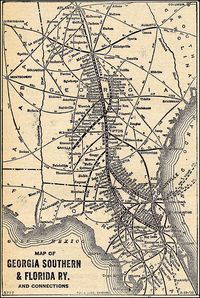First, let’s look at PEF’s own History webpage,
Interestingly, Prigohzy is no longer listed as board or staff with PEF. Maybe we should ask them why….In 1994 Chattanooga city voters voted to turn responsibility for education over to the county, requiring the two systems to merge. At the request of the Hamilton County School Board, PEF surveyed 3,300 area residents and convened 135 community members – educators, civic and government leaders, residents, parents and students – to help shape the vision for the new school system. When the newly consolidated system emerged in 1997, the partnership with PEF continued.
So, what came of all this consolidation in Chattanooga? It must be great, considering PEF’s Board Approved 2005-2010 Strategic Plan for Great Public Schools,
In the years 2005 – 2010, Hamilton County Public Schools will meet or exceed national benchmarks for excellence with continuous, measurable improvement in reading, mathematics, and in the numbers of students who progress smoothly from grade to grade, graduate from high school and go on to college or career-path jobs. Because of this sustained progress, Hamilton County will be recognized among the very best mid-sized public school systems in America. The community will be justifiably proud and more and more people will understand and support the investment necessary for great public schools. The Public Education Foundation will be instrumental in these achievements as a champion of school transformation and will devote its expertise and fundraising capabilities to the Hamilton County Public Schools as a catalyst for bold ideas that create real and positive change.Sounds great!
But an outside study shows a different result. Kontji Anthony wrote for WMCTV, 23 January 2011, Study offers glimpse at possible impact of school consolidation, Continue reading










